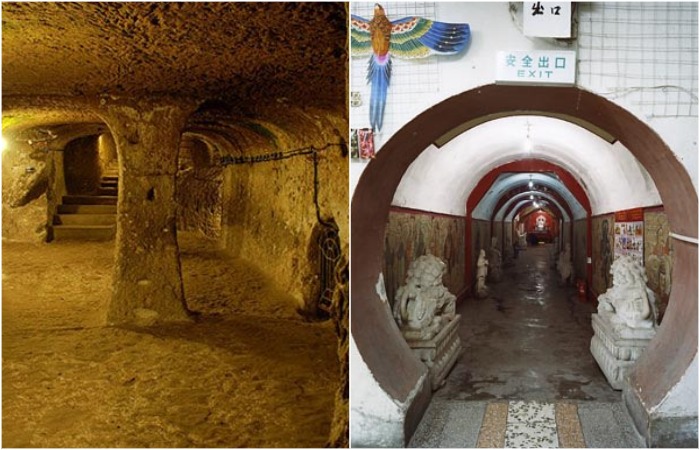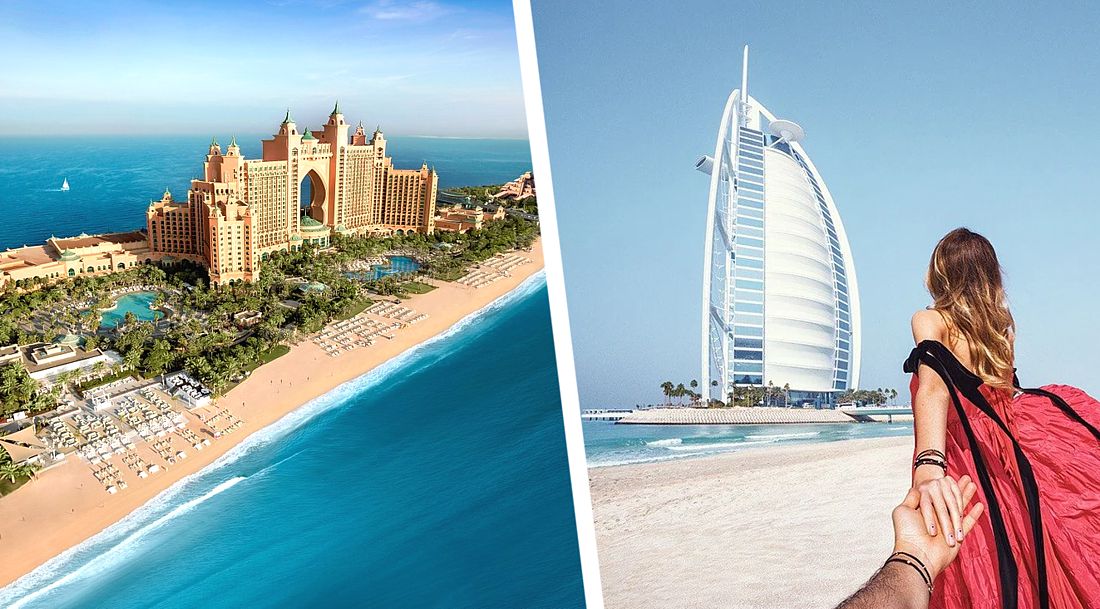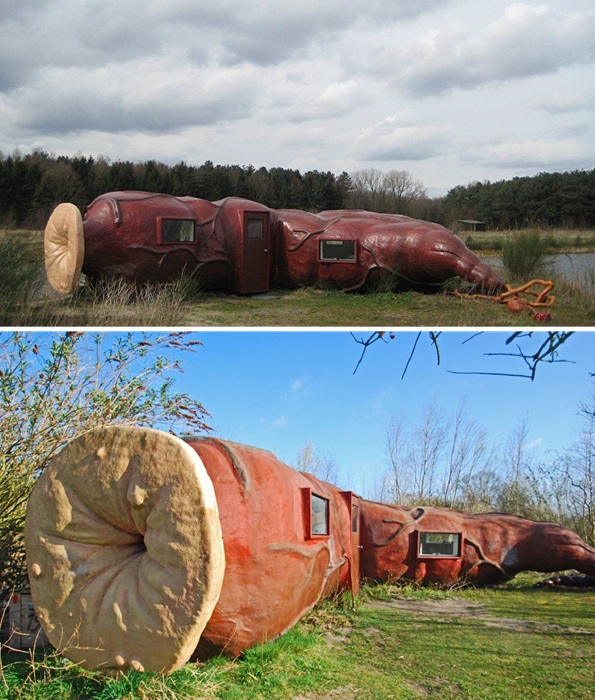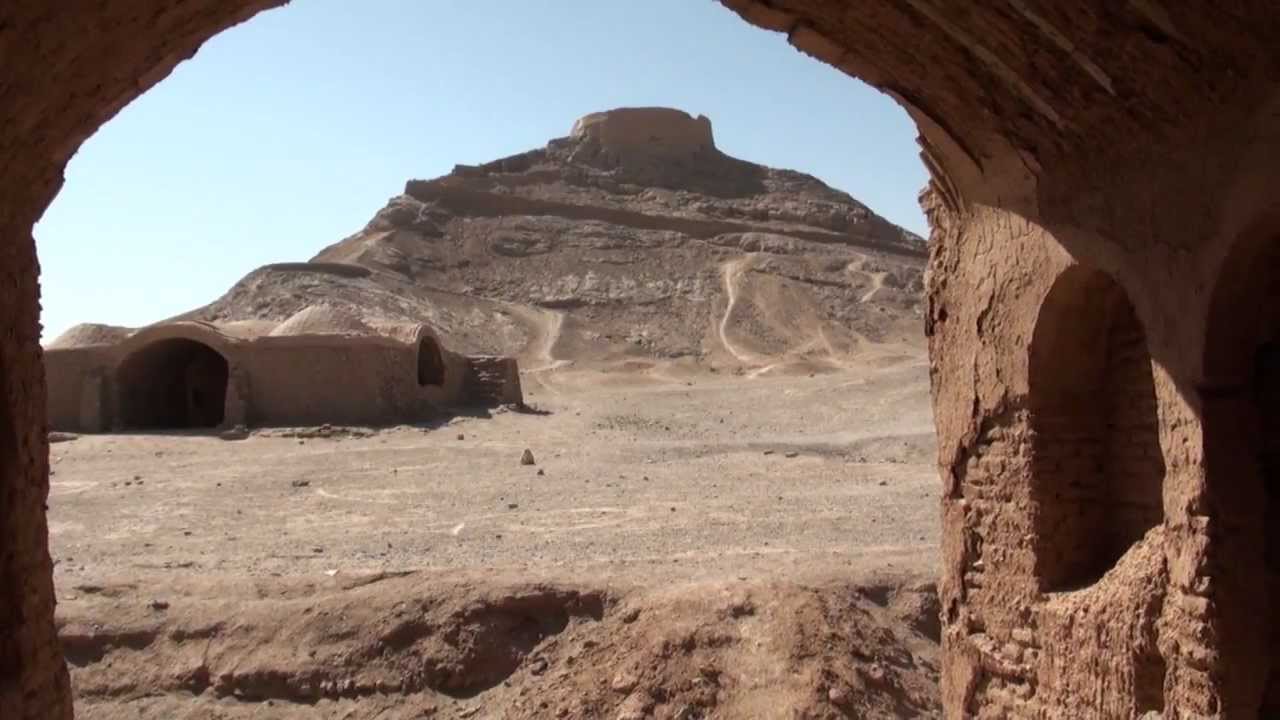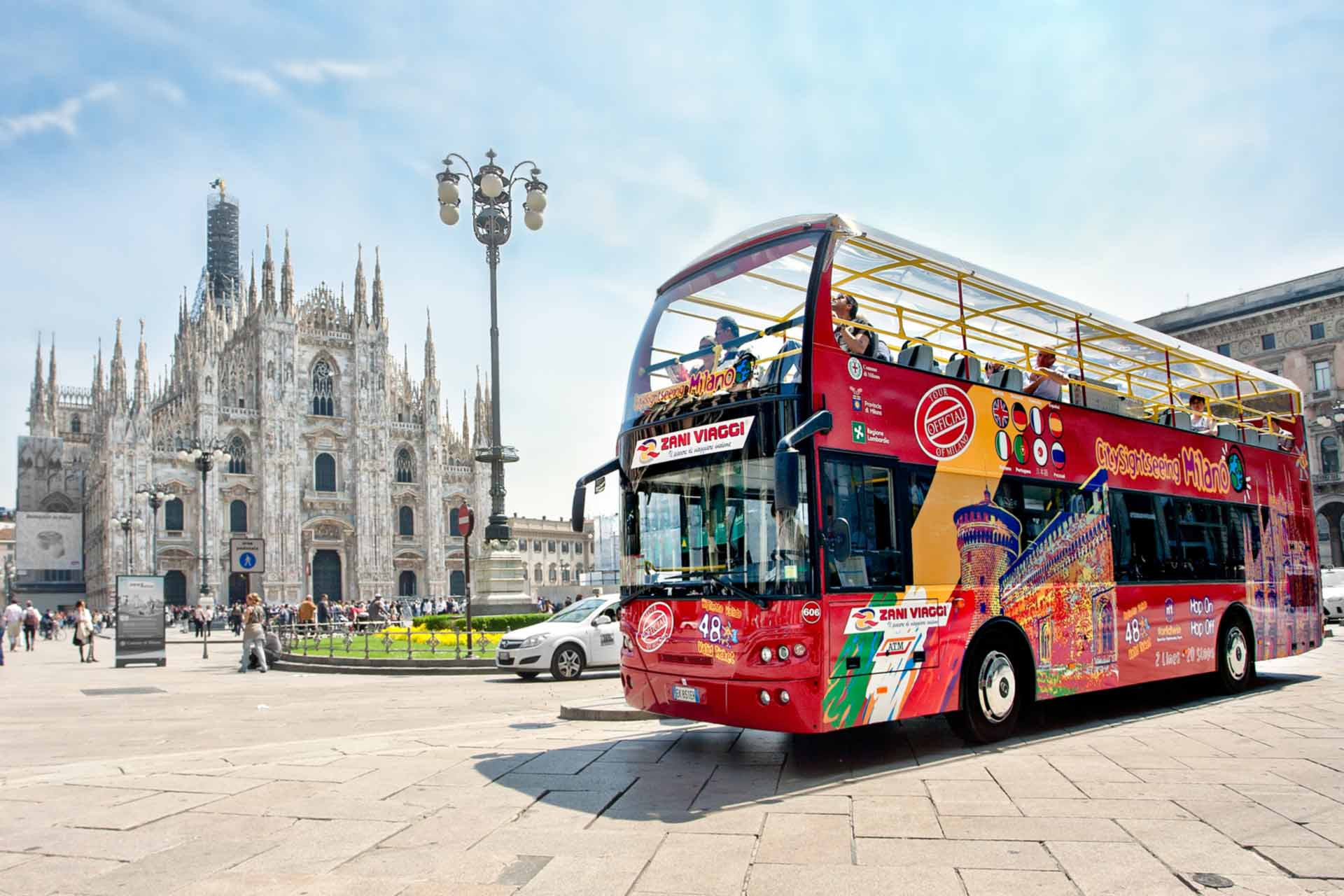Life in North Korea: Reality and Myths
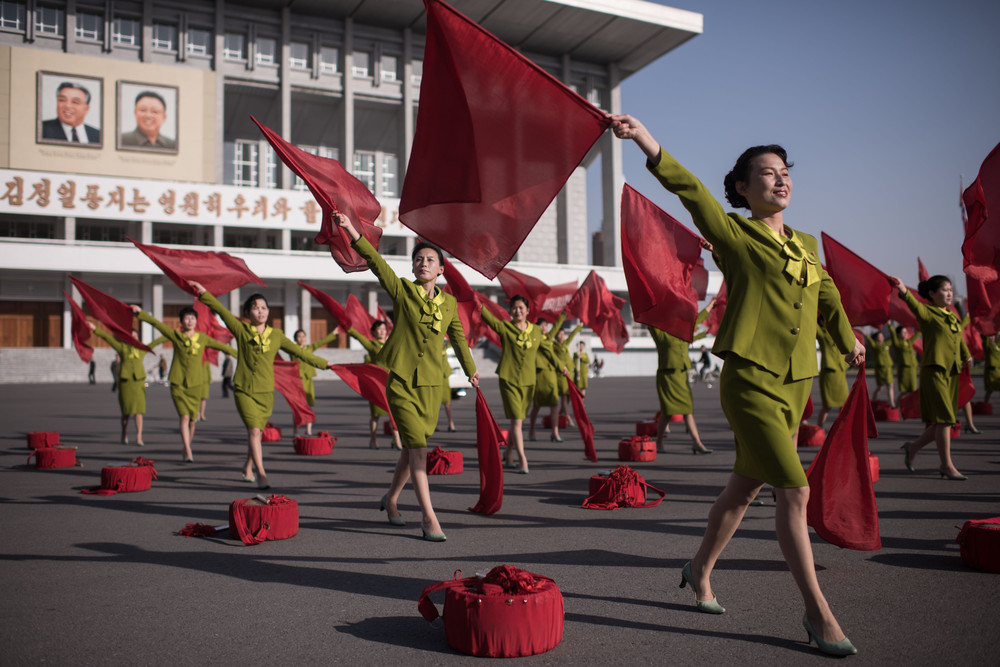

These days, it’s hard to surprise anyone with rumors of the harsh and incredibly poor life in North Korea, the inhumane laws, lack of freedom, and restrictions encountered at every turn. Indeed, many laws and regulations in the DPRK evoke surprise and outrage among those with no connection to the country. But is life in North Korea really that bad?
The benefits of living in North Korea
Despite the horrific stories about this unusual country, there are several significant positives to its system that prove that not everything in North Korea is doom and gloom.
Citizens are provided with free apartments. By law, all workers and employees in North Korea are provided with very nice houses and apartments in new buildings. These apartments are provided with high-quality renovations and decent furniture.
No taxes. North Korea is one of the few countries where citizens are exempt from paying taxes to the state. This law was passed in 1974, and before its complete abolition, tax payments were repeatedly reduced.
Free education and healthcare. Residents of the DPRK receive 11 years of compulsory schooling and two to six years of higher education absolutely free of charge. However, parents of schoolchildren are required to make a small monthly payment for classroom maintenance and repairs, as well as the purchase of new equipment and furniture. Healthcare services are also provided free of charge.
The rules and laws in North Korea are transparent, and there’s no deception or manipulation common in many capitalist countries. Concepts such as credit are nonexistent, and there’s very little advertising to irritate and distract. All requirements and laws are clearly spelled out, making fraud virtually impossible, as any deviation from the regulations is punishable to a greater or lesser extent (usually a very large one).
Favorable environmental conditions and spaciousness. This country has many green spaces, even in large cities (like Pyongyang). The air is relatively clean due to the very low number of private cars and the widespread use of trolleybuses. Traffic jams are rare, and the streets are never crowded.
Residents are accustomed to crossing even wide roads without stopping or looking back.
Independence from global crises. Since the DPRK’s economy is closed to the global community and trades only with nearby countries (China, Vietnam, and a few others), the country is completely independent of the global economy, and therefore, of its crises.
The Downsides of Living in North Korea
However, it’s worth mentioning the negative aspects of life in this country. Some of these may come as a shock to those accustomed to life in a typical capitalist state.
Concentration camps exist in the DPRK. Approximately 200,000 citizens (one percent of the total population) are held in concentration camps, where they are sent for dissenting from the government’s policies. Even more are held in regular prisons, where they can easily be sentenced to several years for infractions such as parasitism or prostitution.
Limited product selection. North Korea bans the distribution of gadgets and devices from well-known brands such as Sony, Microsoft, and Apple. However, other good brands (mostly local) are available in the country, including Huawei, Alcatel, and a few others. Regarding clothing, regular jeans are prohibited for adults and children aged 7 and over; only trousers are permitted. Women are prohibited from wearing short dresses and skirts. The selection of food and grocery items is limited.
Most residential buildings have no electricity (they are heated by fires) or hot water.
Lack of access to the global internet. The DPRK has its own local network, which includes one instant messaging app, as well as websites for government agencies, universities, and research organizations. There are no social media platforms, and spending time watching American TV series is unheard of.
A strict distribution system. Every North Korean citizen receives a certain set of food rations daily. A system of mutual control exists, under which one person is appointed as a supervisor over a group of people (usually 25 to 80) and is obligated to regularly check the actions of their subordinates for compliance with the law. Several times a year, inspections and searches are conducted under the supervision of the relevant authorities.
Interesting facts about life in North Korea
Beyond the pros and cons of living in the DPRK, it’s worth mentioning several characteristics that, in and of themselves, are difficult to classify as positive or negative. To outsiders, they evoke only surprise and bewilderment.
There are only 3 channels on television.
- To move permanently to the capital of the DPRK, the government must grant permission.
- Political elections are held, but only one candidate is represented.
- There is a specific list of hairstyles that North Korean residents are allowed to have.
- All foreigners intending to travel to North Korea and confident that they will be allowed in should be prepared to have their passport confiscated during their stay in the country.
- Within the DPRK, there are specially organized tourist zones with cafes, shops, and hotels, beyond which people are strongly discouraged from entering.
- It is encouraging that in recent years the DPRK has, little by little and so far imperceptibly, begun to open up in certain respects to the rest of the world.
- The unusual organization of North Korea and life there can be both horrifying and even admirable, but one thing is clear: this amazing and mysterious country will hold many surprises.

